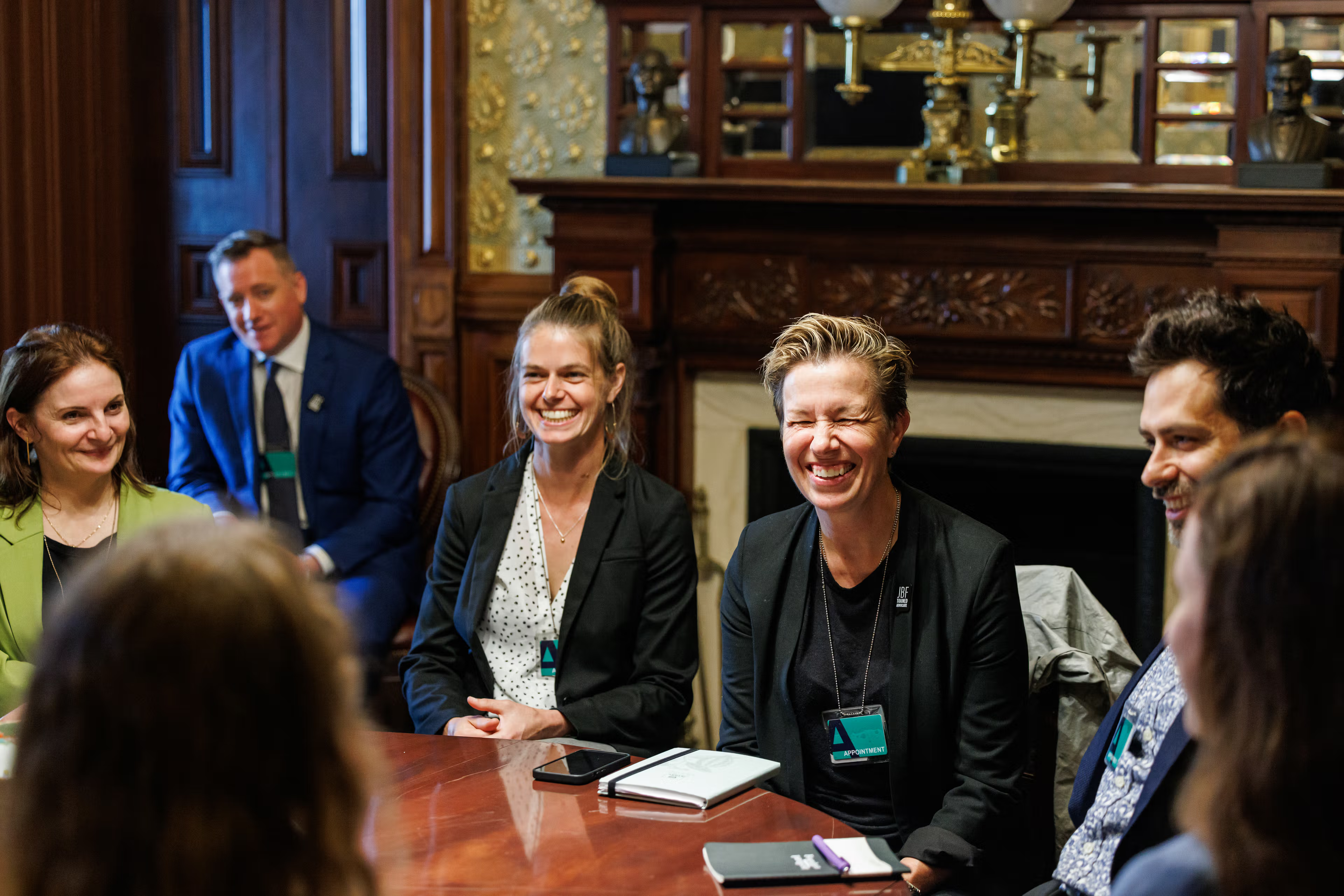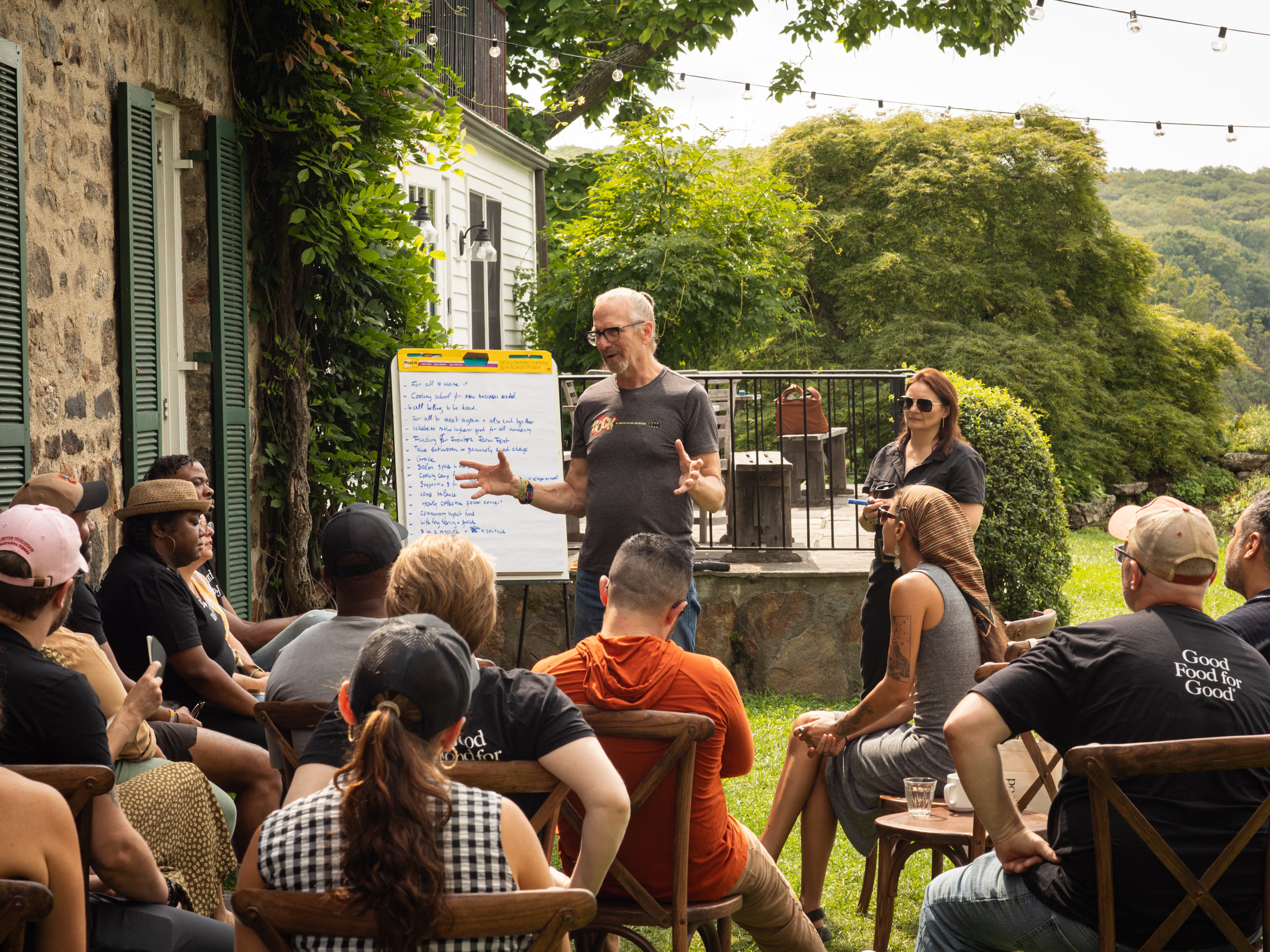The James Beard Foundation advocates for policies that make a more equitable and sustainable food system for all involved in the independent restaurant industry across three pillars: racial and gender equity, sustainability, and industry culture and practices.

Photo: Noh Leftovers
Policy Agenda
We mobilize a network of thousands of chefs to support JBF’s policy priorities and their own advocacy efforts.
Our current policy priorities are: Funding and market access for POC farmers and small producers
Nutrition security and SNAP expansion
Living wage and equal pay for all involved in the restaurant supply chain
Conservation programs that prioritize soil, water health, food waste, and composting
Tax credits for independent restaurants that offer specific benefits to their employees
Accelerated visas for foreign foodservice workers
Federal funding for mental health programs
We are advocating for climate change mitigation (soil health, composting, and regenerative agriculture) and opportunities for POC farmers, as well as an expansion of SNAP that allows for the participation of restaurants as meal providers for SNAP recipients.

